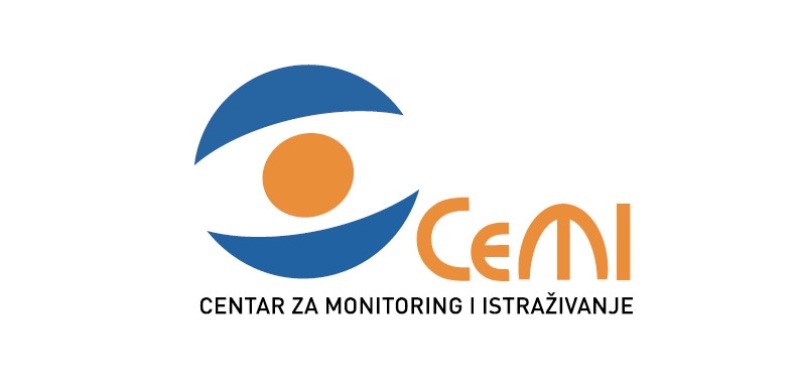In the PR Center, Boulevard Josip Broz 23A (enter through side yard, first floor), today (03.02.2011.) has finished Day 1 of the National Conference “Strategy for Poverty Reduction and Social Exclusion: aims and effects”.
The conference presented the study of public policy: “Access to the labor market: A review from a position of OSI and Roma and Egyptians” and “The establishment of personal assistance services in Montenegro”. In the presentation of the study participants had the opportunity to exchange views on proposed ways of solving the problem of improving the employment of persons with disabilities and RAE population in Montenegro in accordance with the SSSI – institutional mechanisms and results, as well as the applicability of different models of personal assistance services in Montenegro.
Introductory words gave:
Zlatko Vujovic, President of the Board CeMI
Dr. Suad Numanović, Minister of Labor and Social Welfare,
Eva Maria Herms, the EU Delegation to Montenegro
Noala Skinner, Social Inclusion Pillar Convener (UNICEF).
Here you can download studies and briefs with conferences held.
The study of public policy: “The establishment of personal assistance services in Montenegro”
Brief: “The establishment of personal assistance services in Montenegro”
Brief: “Access to the labor market: A review from a position of OSI and Roma and Egyptians”
Transfer from TV news (Part I) you can see HERE
Transfer from TV news (Part II) you can see HERE
Transfer from TV Pink HERE
Transfer to TV Montena HERE
Panel on the establishment of personal assistance
On the first day of the conference presented the study “The establishment of personal assistance services in Montenegro”. The research team, which consisted of Mr Nikoleta Tomovic from CeMI, Bojana Lakovic from the Association of Youth with Disabilities of Montenegro and Tijana Pavicevic from Juventas, gave a brief overview of their months of work. On this occasion, the authors are especially highlighted the problem of defining personal assistance services and independent living, a comparative analysis of the regulation of this service in the region and many countries in Europe. Defining models of establishing personal assistance services in Montenegro, the authors have singled out the third scenario as the most appropriate way of introducing the support services in our country.
In the discussion that followed the presentation of the study, Ms. Snezana Mijusković, Deputy Minister of Health and Social Welfare and Mrs. Slavica Radusinovic, adviser to the director of the Employment Agency gave a brief overview of the current activities of the Ministry or the Agency in the area of improving the rights of persons with disabilities, with special emphasis on the support services that are guaranteed to them. The conference participants discussed in particular the issue of the introduction of personal assistance services in Montenegro.
